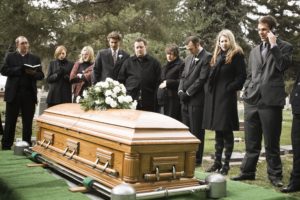A Reverse Mortgage Can Subject You To Foreclosure If You Don’t Follow The Rules
A reverse mortgage is available to senior citizens aged 62 or over. These specialized loans essentially use the equity in a home as the basis for cash payments to the senior. Seniors can utilize these payments to supplement Social Security and other income.
The Reverse Mortgage Only Becomes “Due and Payable” And Subject To Foreclosure When The Senior:
Passes away
If the senior dies the heirs can pay off the debt and deed the property to the lender. They can also sell the property for at least 95% of the appraised value. Otherwise, the lender will foreclose.
Move Elsewhere
If the borrower moves to a nursing home, most lenders offer the borrower one year to sell the property.
In the event the borrower does not return in that period, he or she will need to repay the reverse mortgage.
If not, the lender can foreclose. However, if the borrower simply moves out of the home, and even rents it out, the lender will require repayment immediately or they can move to foreclose.
Cannot Or Will Not Pay Homeowners Insurance Or Property Taxes
If the borrower does not pay the taxes and insurance on the property, the lender may advance the funds for those bills initially. If the borrower fails to abide by the repayment plan, they may face foreclosure.
Allows The Residence To Fall Into Disrepair
Lenders also require the properties be kept in good condition. Therefore, the lender has the right to foreclose on a reverse mortgage if repairs are needed and not made.
In each of these instances, the reverse mortgage becomes due and payable and the home is subject to foreclosure.







